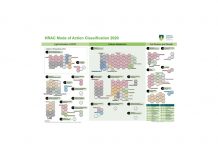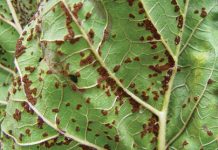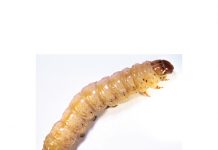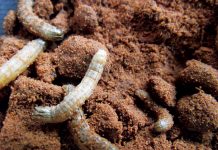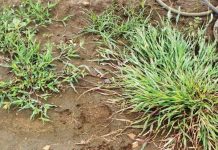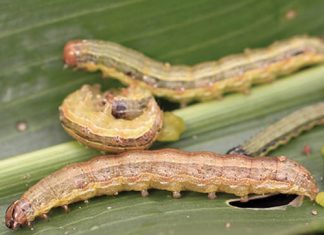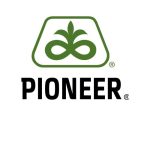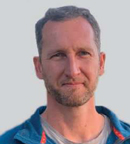
Beemap
There has been several unfortunate incidents in South Africa in the past two years where large colonies of bees were tragically lost due to pesticide use.
In response to these events, various industry experts were consulted regarding the viability of having an ‘early warning system’. They felt that it was a prudent idea to start with such an initiative which will promote communication between stakeholders as well as the general awareness of bee health.
A tool to assist beekeepers
Beemap is a tool designed to assist beekeepers to get informed when crops are being sprayed with pesticides near their apiaries.
The use of crop protection products remains an absolute necessity for the future, therefore a beta platform has been created to address these requirements – providing the flexibility to evolve into a direction that will benefit all stakeholders.
How does it work?
- You register as either a beekeeper (no distinction is made between a commercial pollinator or a hobby beekeeper) or a user of crop protection products.
- A geolocation is assigned to your farm or apiary.
- When someone is planning to spray his crops, they upload the date on Beemap.
- If the apiary is within proximity of the field to be sprayed, the registered beekeeper of that apiary receives a notification.
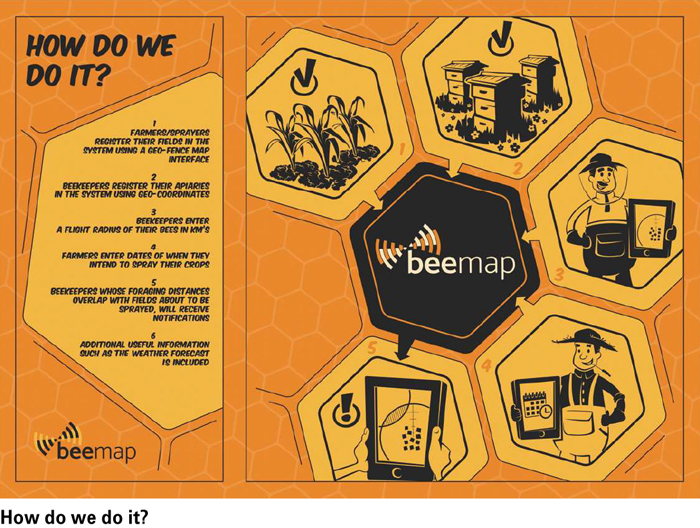
Who should register?
Commercial operators in crop spraying as well as producers, chemical agents and beekeepers (professional and amateur). Support has already been received from some volunteers who are keen to sign up as early adopters, but the user base needs to be expanded. Registration is quick and free.
How does this help?
By receiving advance notice, beekeepers can take preventative measures if practical. These notifications increase a beekeeper’s situational awareness of the area and this will in due course increase communication and personal interaction between the parties.
The collection of data will lead to establishing useful trends which again add value to ongoing research work in this field.
For more information contact Oscar Mandlmeier at oscar@beemap.africa.



